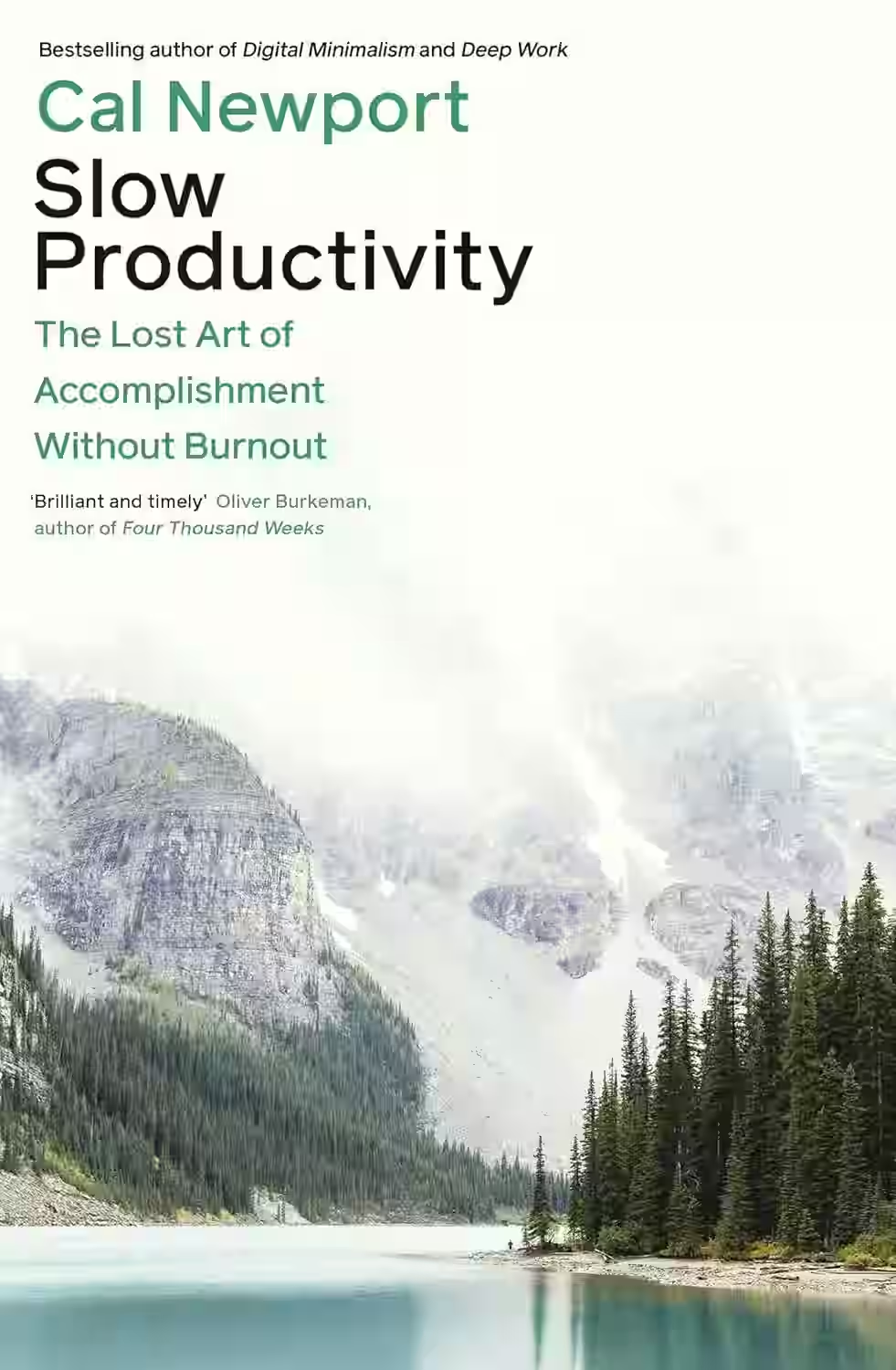
From the New York Times bestselling author of Deep Work, Slow Productivity is a groundbreaking philosophy for creating great work at a sustainable pace. Hustle culture. Burnout. Quiet quitting. Today we're either sacrificing ourselves on the altar of success or we're rejecting the idea of ambition entirely. But it doesn't have to be all or nothing. There is a way to create meaningful work as part of a balanced life, and it's called 'slow productivity'. Coined by Cal Newport, the bestselling author of Deep Work and Digital Minimalism, slow productivity is a revolutionary philosophy based on simple principles. From managing your energy according to the season, to identifying which projects to pursue and which to set aside, to building a schedule that yields maximum output with minimum stress, this timely and essential book will revolutionise how you work, helping you to accomplish great things at a more humane pace.
About Cal Newport
An American author and computer science professor known for his books on productivity, focus, and the impact of technology on our lives. His works, such as Deep Work and Digital Minimalism, offer practical strategies for cultivating focused work habits and reclaiming attention in an increasingly distracted world. Newport's research-backed advice has made him a leading voice in the field of productivity and mindful technology use.
Other Books by Cal Newport
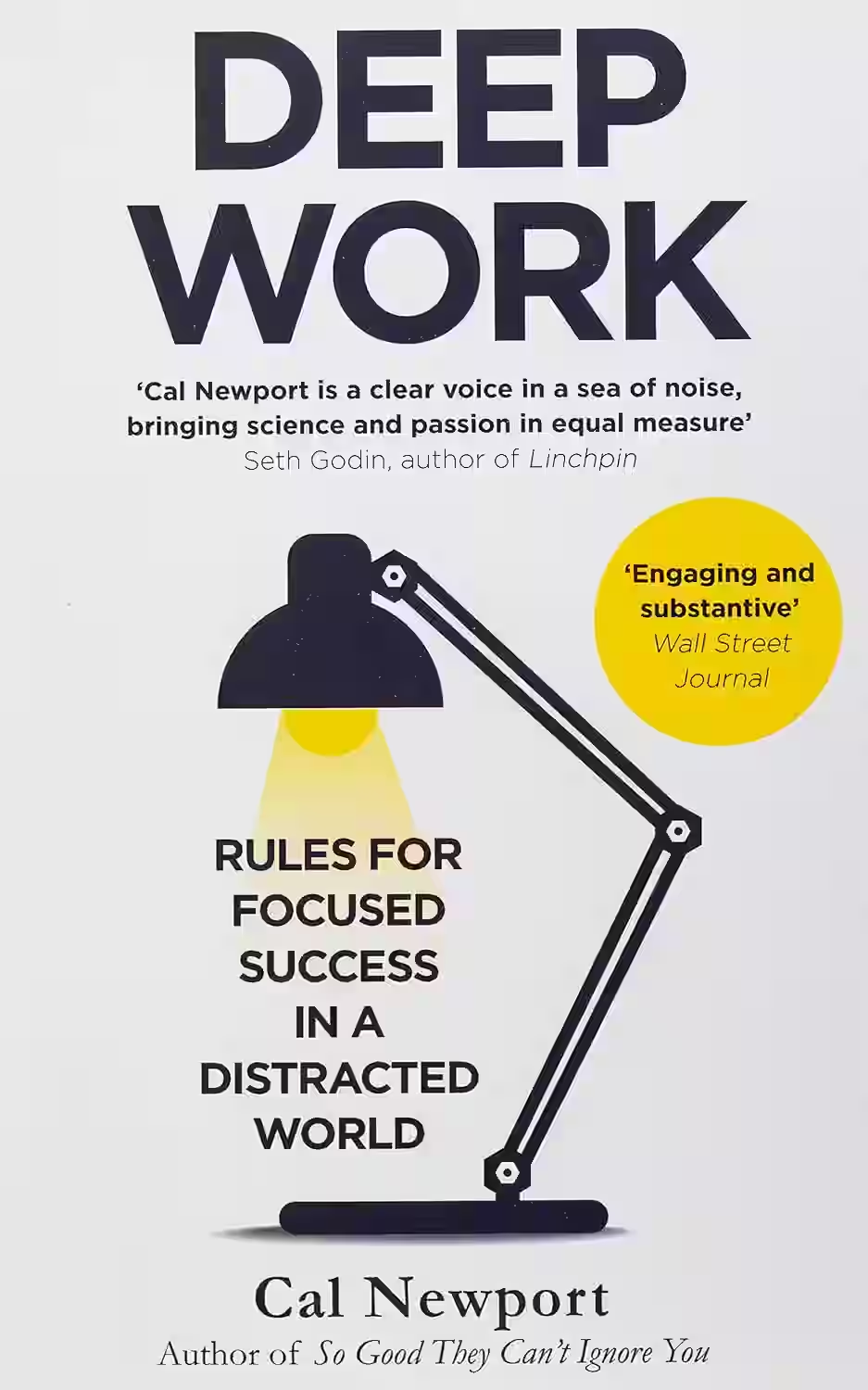
Deep Work
by Cal Newport
In Deep Work, Cal Newport argues that focused, distraction-free work is the key to success in an increasingly distracted world. He contrasts deep work—cognitively demanding tasks done in uninterrupted concentration—with shallow work, like emails and meetings, that erode productivity. Using research, case studies, and practical advice, Newport teaches strategies to develop focus, reduce digital distractions, and structure your time for maximum impact. Whether you're a creative professional or entrepreneur, Deep Work offers a blueprint for achieving more meaningful results. It’s a guide to thriving in the information age by reclaiming your attention.
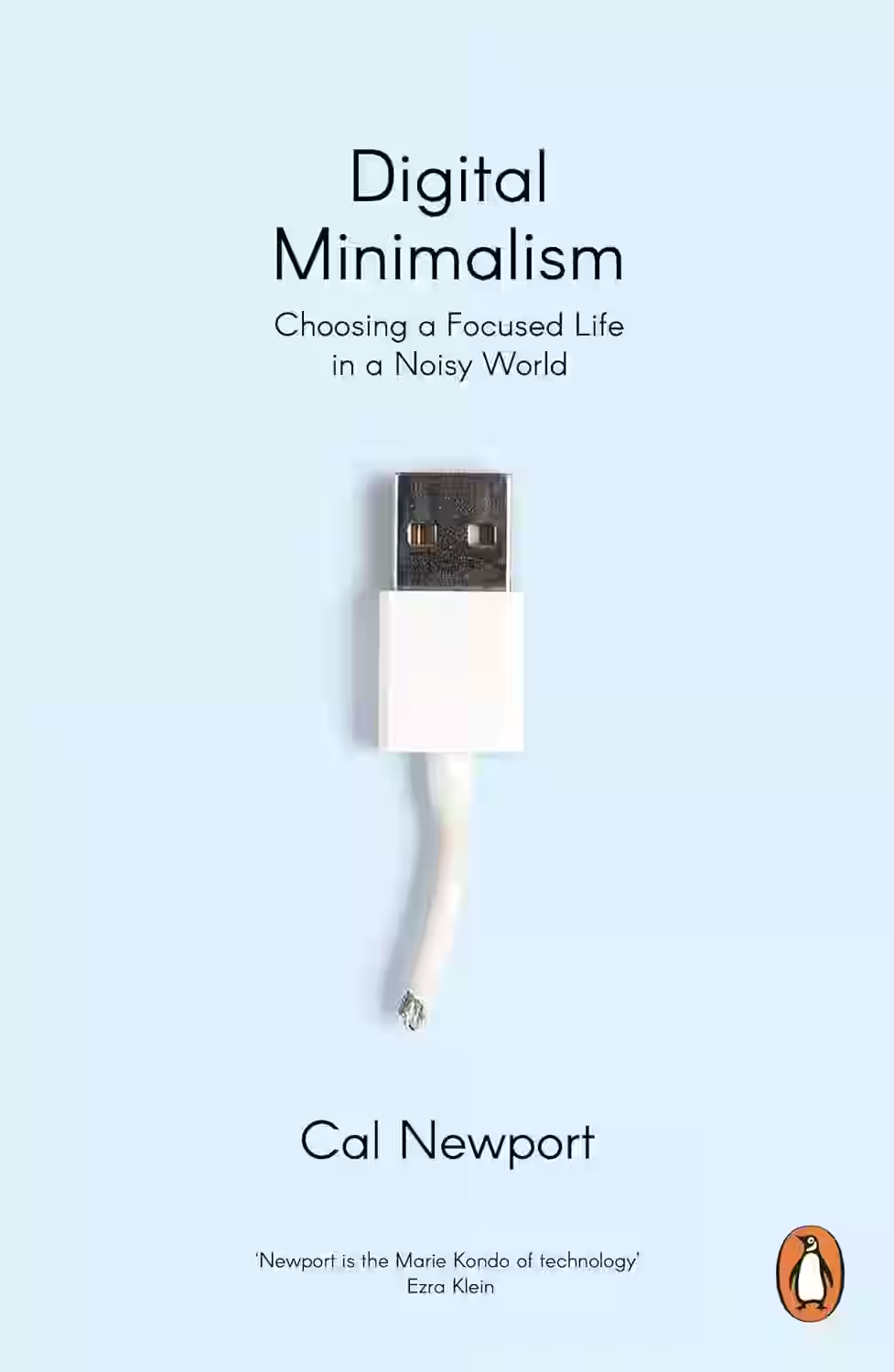
Digital Minimalism
by Cal Newport
In 'Digital Minimalism', Cal Newport presents a compelling argument for reevaluating our relationship with technology to reclaim our focus, productivity, and mental well-being. Newport guides readers through practical strategies to minimize digital clutter, prioritize meaningful activities, and cultivate more intentional use of digital tools. By drawing on psychology, sociology, and behavioral economics, Newport challenges us to reassess the value technology adds to our lives and advocates for a more mindful approach to digital consumption. This thought-provoking book offers a roadmap for leading a more deliberate, fulfilling life in today's tech-saturated world.
Similar Books
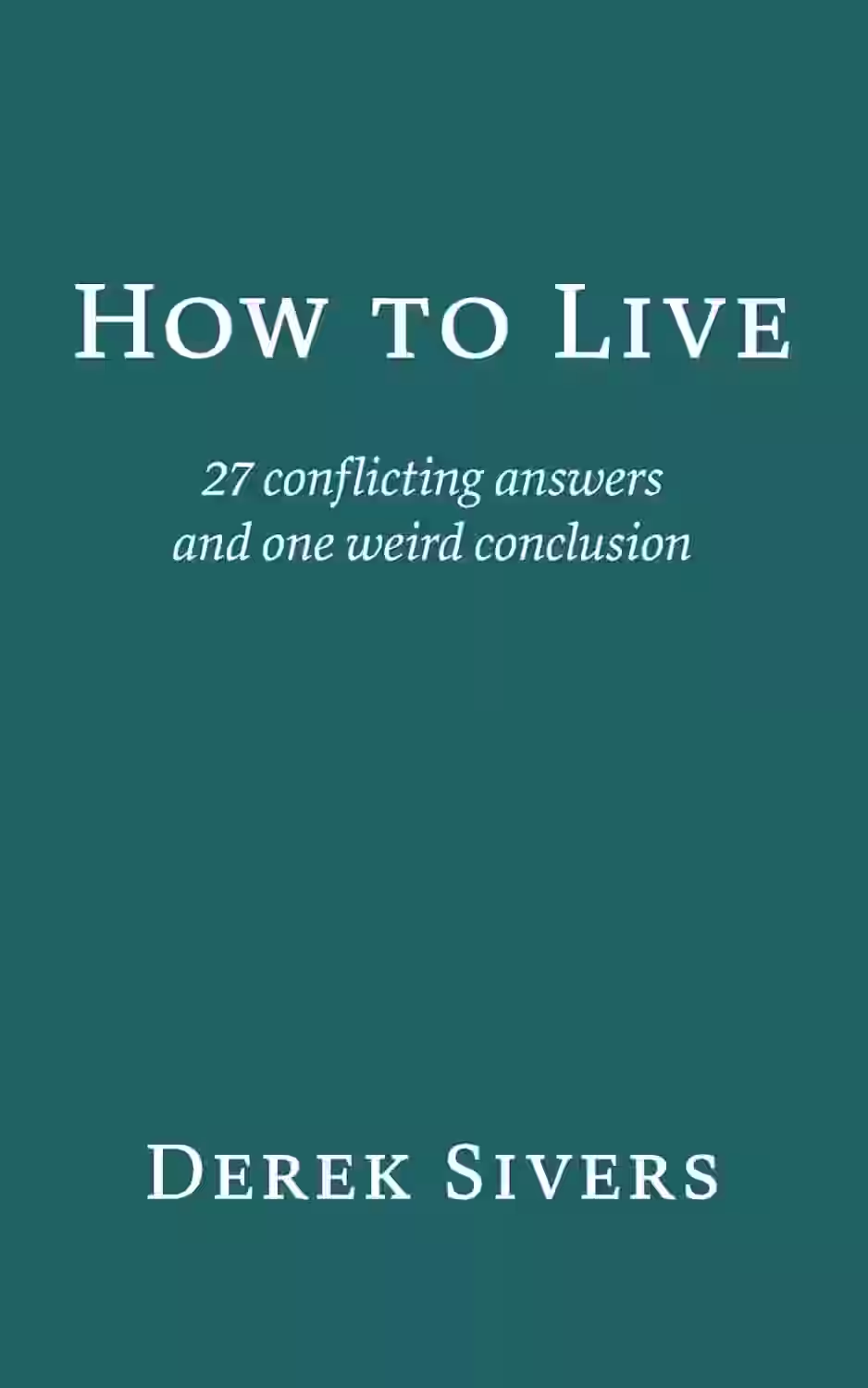
How to Live
by Derek Sivers
In How to Live, Derek Sivers offers 27 radically different philosophies for living a meaningful life—each chapter presenting a distinct worldview with confidence and conviction. From “Be independent” to “Commit fully,” the book explores contradictory yet compelling ideas, encouraging readers to reflect on what matters most. Rather than offering a single path, Sivers embraces complexity, suggesting that the truth of how to live may lie in navigating these contradictions. Written in his signature minimalist, thought-provoking style, How to Live is part philosophy, part self-inquiry, and part creative manifesto—ideal for readers seeking clarity, flexibility, and personal growth.
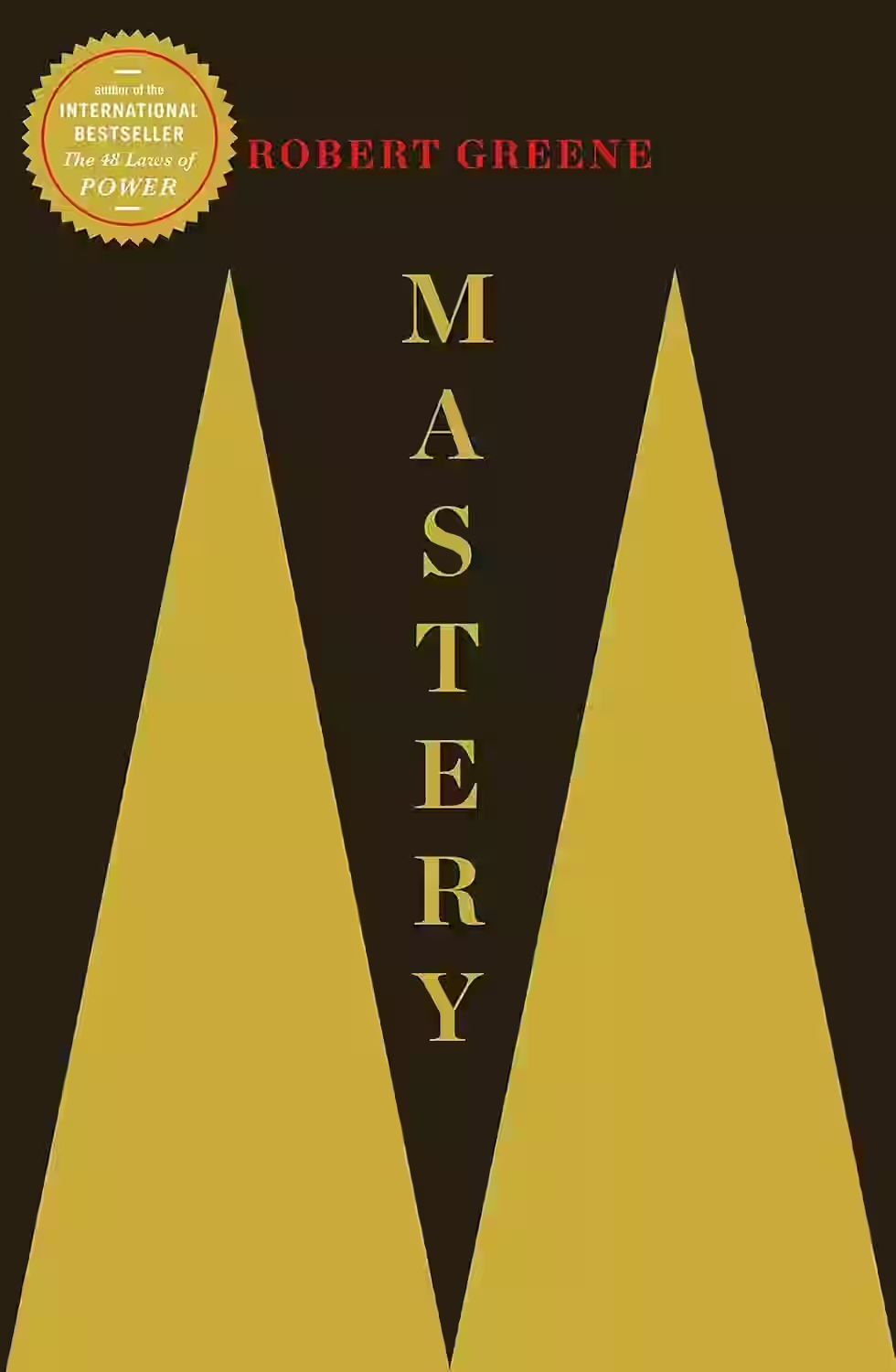
Mastery
Robert Greene examines the paths of historical figures and contemporary experts to uncover the principles of achieving mastery in any field. He outlines a process involving apprenticeship, practice, and innovation, emphasizing the importance of perseverance.
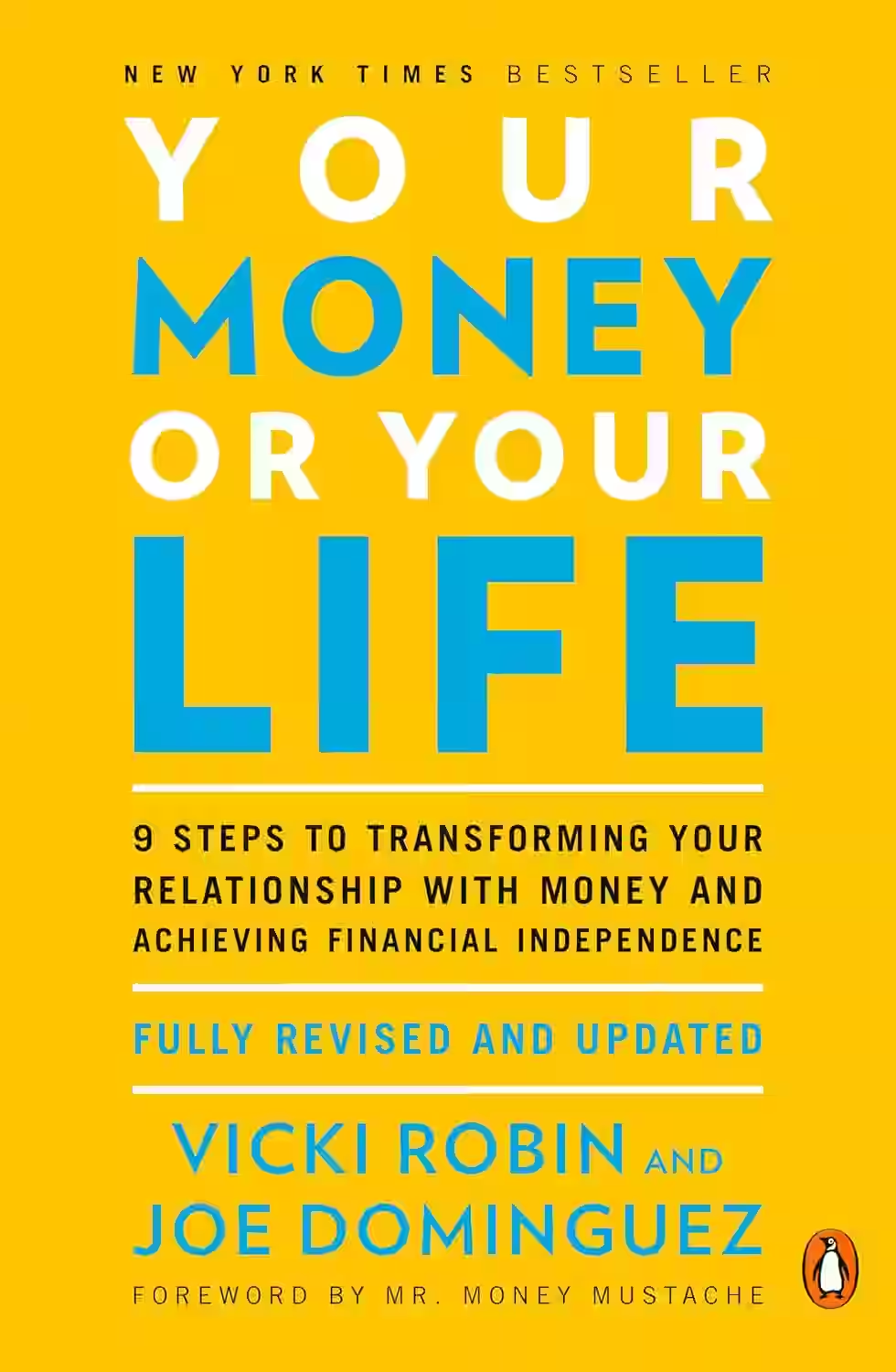
Your Money or Your Life
by Vicki Robin
In 'Your Money or Your Life' by Vicki Robin, readers are taken on a transformative journey towards financial independence and mindful living. The book challenges conventional beliefs about money, encouraging readers to reassess their relationship with finances and prioritize what truly matters in life. Through practical advice and thought-provoking exercises, Robin presents a step-by-step guide to achieving financial freedom and aligning spending habits with personal values. This seminal work resonates with readers due to its timeless wisdom and empowering message, making it a must-read for anyone seeking to gain control over their finances and live a more fulfilling life.
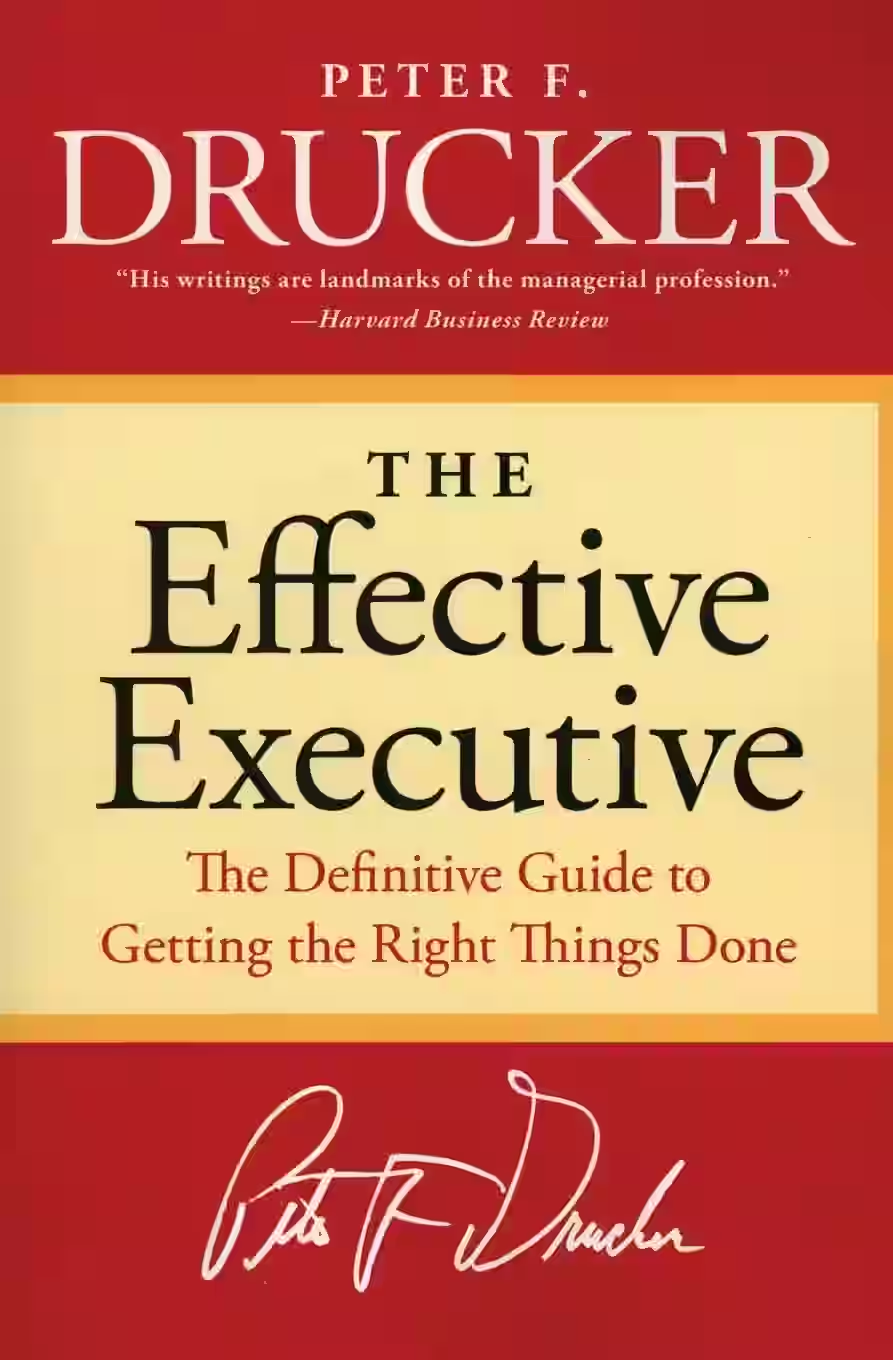
The Effective Executive
In The Effective Executive, Peter Drucker outlines the essential practices that make executives—and knowledge workers—more productive and impactful. Rather than focusing on charisma or innate talent, Drucker emphasizes disciplined time management, clear priorities, effective decision-making, and results-driven action. He argues that effectiveness is a skill that can be cultivated through habits such as knowing where time goes, focusing on contribution, and concentrating on a few key tasks. Written with clarity and timeless wisdom, this concise book remains a cornerstone of leadership and management literature, offering practical insights for professionals aiming to lead with focus, intention, and strategic purpose.